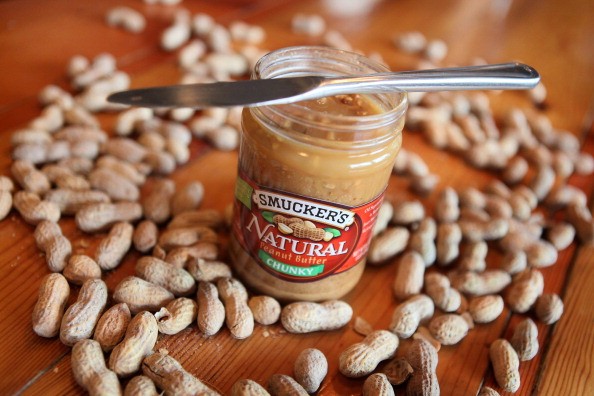
A large Canadian study has found that for kids who have confirmed allergies to peanuts home is more dangerous than school. The study found that 37% of accidental exposures to peanuts or peanut products occur at home. It also found that exposure to peanut products is often mishandled.
"We discovered that children are most at risk of exposure in their own homes. Furthermore, when children do have a moderate or severe reaction to an exposure, parents and medical professionals often do not know how to react appropriately," said Sabrine Cherkaoui, of the University of Montreal and lead author of the study.
The study looked at nearly 2,000 children in Canada who had been diagnosed with a peanut allergy. Parents filled out questionnaires about accidental exposures; how severe they were, where they occurred, and how they were managed.
More than a third of the peanut exposures occurred at home and another 14% occurred at another home. Only about 10% of cases occurred in a restaurant.
Fewer than 10% of exposures happened at school or in daycare. But 5% of cases happened at schools and daycare centers that prohibited peanut products, while only 3% occurred at schools that did not have a prohibition. This may be either because parents and children develop a false sense of security in places where peanuts are prohibited or that schools that do not prohibit peanuts do a better job of controlling the risks.
There were 567 accidental exposures to peanuts or peanut products in 429 children. In the 377 accidental exposures that were moderate or severe, only about 29% (109) sought medical attention and, of these, only about 37% (40) received epinephrine, the usual drug to treat an allergic reaction. Of the 181 kids who had a moderate or severe allergic reaction that was treated outside of a healthcare facility, only about 12% received epinephrine.
"Only 42 percent of severe peanut allergy reactions recorded in this study were evaluated by a medical professional, and almost one in six went totally untreated," Cherkaoui said.

